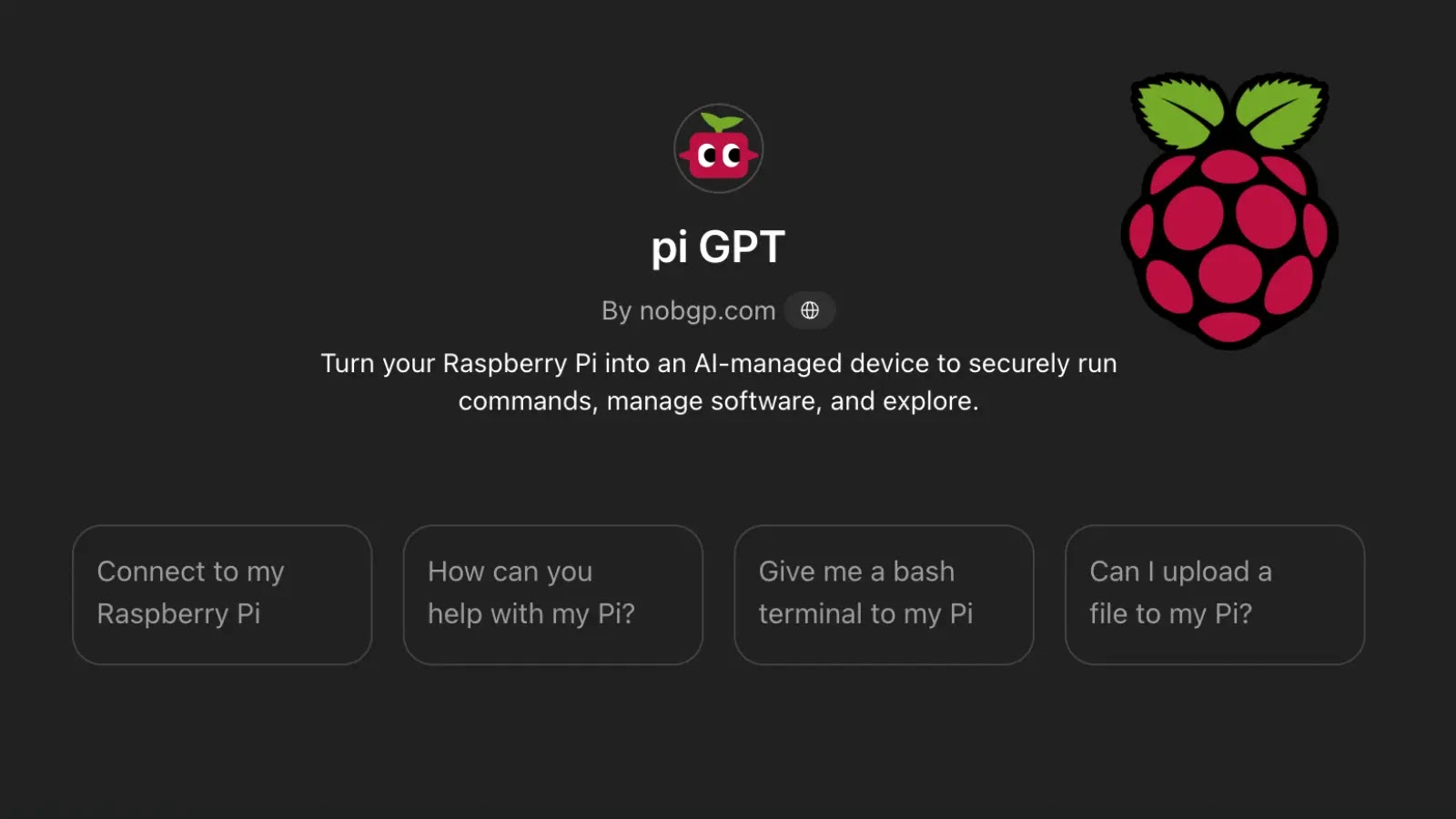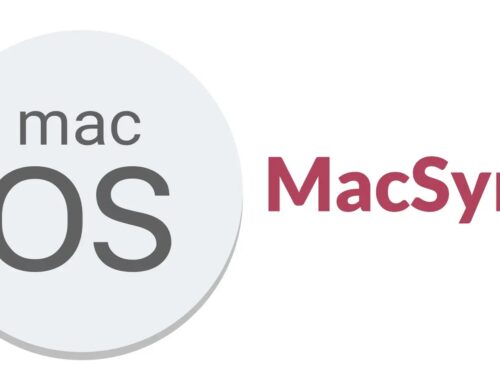
pi GPT Tool Turns Your Raspberry Pi into A ChatGPT Powered AI-managed device
The convergence of artificial intelligence and ubiquitous computing has long been a pursuit for technologists. Imagine transforming a low-cost, versatile device like the Raspberry Pi into a powerful, AI-driven workstation, capable of understanding and executing complex commands with the intelligence of ChatGPT. This is precisely what the innovative pi GPT tool promises to deliver.
Announced on November 18, 2025, pi GPT represents a significant leap in localized AI deployment. It allows developers, hobbyists, and students to harness the capabilities of OpenAI’s ChatGPT directly on their Raspberry Pi devices, enabling unprecedented levels of control, development, and project oversight without relying on cloud infrastructure or battling persistent network dependencies. This integration, powered by noBGP’s deterministic networking, offers a robust and self-contained AI-managed environment.
What is pi GPT?
pi GPT is a custom integration designed to fuse the intelligence of OpenAI’s ChatGPT with the versatility of Raspberry Pi hardware. At its core, it converts a standard Raspberry Pi into an AI-managed device, functioning as a fully operational workstation augmented by conversational AI. This means users can issue commands, generate code, debug scripts, and manage projects using natural language, all processed locally on their Raspberry Pi.
The primary objective of pi GPT is to decentralize AI processing and development. By bringing ChatGPT’s power to edge devices, it democratizes access to cutting-edge AI tools, making them available to a broader audience without the typical barriers of high-cost infrastructure or persistent internet connectivity requirements for core operations.
Key Features and Benefits
- Localized AI Processing: All AI interactions and computations occur directly on the Raspberry Pi, eliminating reliance on cloud servers. This enhances privacy and reduces latency.
- Offline Capabilities: Once configured, the AI-managed workstation can operate effectively even without a continuous internet connection for core AI tasks, making it ideal for remote or constrained environments.
- Enhanced Security: By keeping data and processing local, pi GPT inherently mitigates many risks associated with transmitting sensitive information to third-party cloud services. The noBGP deterministic networking further fortifies the integrity and reliability of local operations.
- Cost-Effectiveness: Leveraging the affordable Raspberry Pi makes powerful AI development accessible to individuals and small teams without significant investment in specialized hardware or recurring cloud service fees.
- Developer Empowerment: Developers gain a dedicated, AI-powered assistant embedded directly into their physical workbench, streamlining coding, debugging, and project management workflows.
- Educational Tool: For students and educators, pi GPT provides a hands-on, practical platform to explore AI, machine learning, and embedded systems development in an interactive and engaging manner.
How pi GPT Transforms Raspberry Pi Devices
The transformation begins with the integration of ChatGPT’s linguistic and reasoning capabilities into the Raspberry Pi’s operating system. This is not merely an API call to a cloud service; it signifies a deeper, more profound integration that allows the AI to manage and interact with the device’s resources. Users can instruct their Raspberry Pi to perform tasks that would typically require manual coding or complex scripting, such as:
- Automated Code Generation: Asking the AI to write Python scripts for sensor readings, web scraping, or custom automation tasks.
- Project Management: Directing the AI to organize files, create directories, or even schedule tasks on the device.
- Troubleshooting and Debugging: Explaining an issue to the AI and receiving suggestions, code fixes, or diagnostic steps.
- Learning and Education: Using the AI as an interactive tutor for programming languages, electronics, or cybersecurity concepts.
- Custom Application Deployment: Instructing the AI to set up development environments, install dependencies, and deploy applications on the Pi itself.
The underlying mechanism of noBGP’s deterministic networking ensures that these operations are executed reliably and predictably, reducing the chances of network-related interruptions or inconsistencies that can plague traditional cloud-dependent setups.
Implications for Cybersecurity and Development
From a cybersecurity perspective, pi GPT offers an intriguing paradox. While local AI processing reduces the attack surface associated with cloud-based data transfers, the integration of advanced AI capabilities into a local device also introduces new considerations. Ensuring the integrity of the AI model and preventing malicious input or prompt injection attacks becomes paramount. Developers leveraging pi GPT must remain vigilant about securing their local environments and employing best practices for AI interactions.
For development, pi GPT represents a paradigm shift. It fosters an environment where innovation is less constrained by infrastructure costs or connectivity issues. This encourages rapid prototyping and deployment of AI-powered solutions at the edge, opening doors for applications in IoT, robotics, home automation, and beyond. The ability to iterate quickly and test solutions in a self-contained environment accelerates the development lifecycle significantly.
Conclusion
The pi GPT tool marks a pivotal moment in the evolution of accessible AI. By turning the humble Raspberry Pi into a ChatGPT-powered AI-managed device, it empowers a new generation of innovators to experiment, develop, and deploy intelligent solutions on local hardware. This move away from strict cloud dependency for AI processing not only enhances privacy and reduces costs but also fosters a more robust and resilient ecosystem for AI development. The future of localized, AI-driven computing is clearly upon us, and pi GPT is at its forefront.





